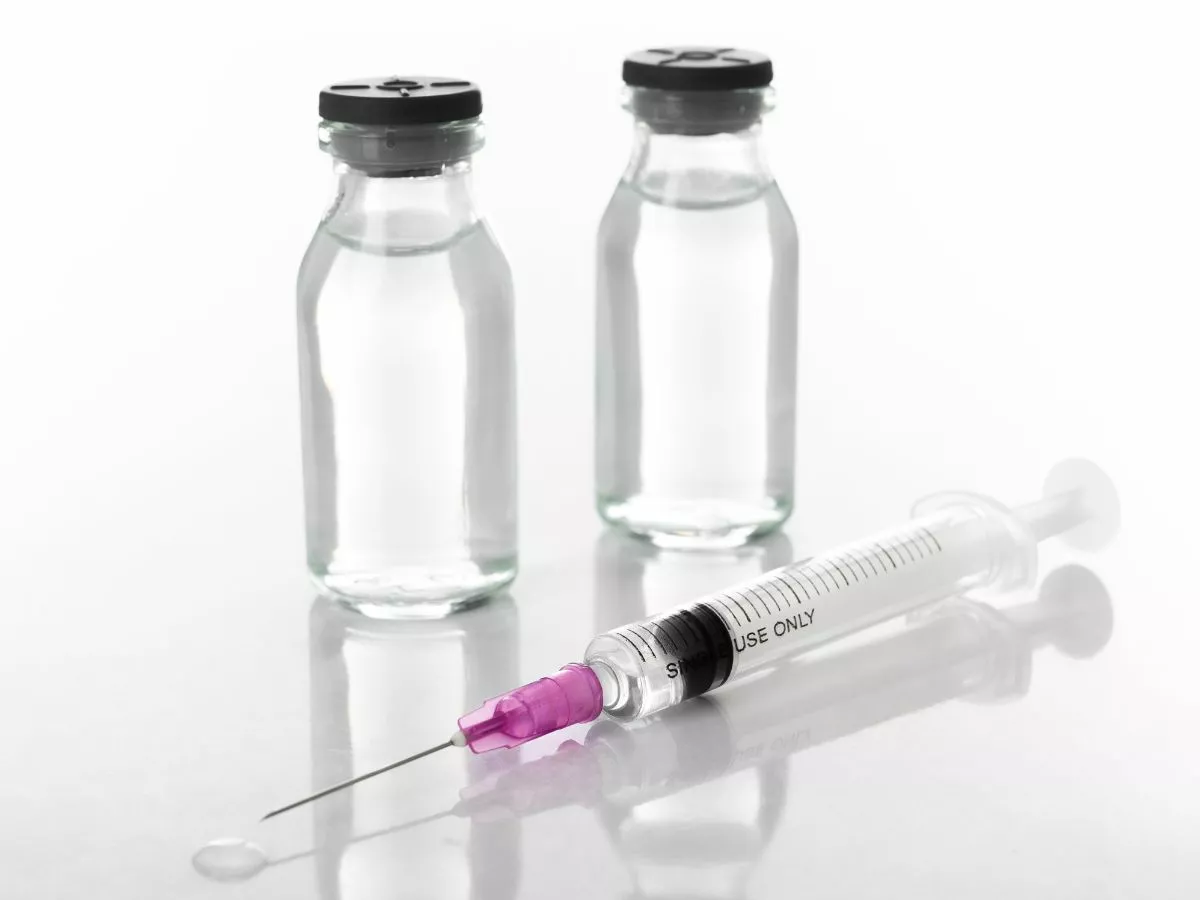Topical Finasteride versus Finasteride choosing the right Pills Tuesday, November 23, 2021

Topical Finasteride versus Finasteride choosing the right Pills Tuesday, November 23, 2021
Finasteride pills and topical finasteride can effectively prevent hair loss due to male pattern baldness. A daily dose of 1mg finasteride is enough to reduce DHT in the scalp by more than 60%. Topical finasteride has no side effects and can be used in combination with minoxidil.








